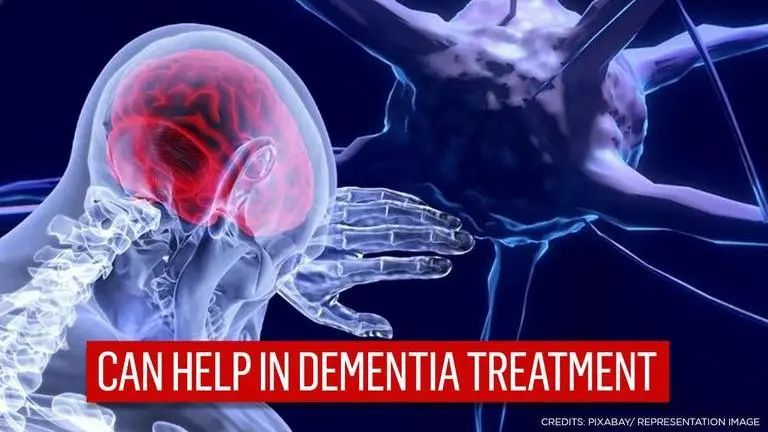Updated 9 November 2020 at 19:10 IST
Brain 'teleportation' successfully attempted using laser beams to explore memory cells
Scientists have attempted a certain kind of brain teleport by pointing laser beams at the hippocampus, an area that is responsible for memory and learning.
- Science News
- 2 min read

Scientists from the University College London have attempted a certain kind of brain teleport by pointing laser beams at the hippocampus, an area that is responsible for memory and learning. With the experiment, scientists tried to study how the brain works while identifying new places and environments. Scientists learned that when humans or animals enter a new place, neurons called "place cells" get activated in the brain, which helps them in remembering it for some time.
Can help in dementia treatment
According to the Daily Star, the experiment was conducted on mice. Scientists put the mice in one location and then gave them sugar water as a reward. When the mice were moved to another place, a laser beam was used to activate place cells in their brain following which they started searching for the reward again as it was the place where the memory of the first location was stored. During this time, whenever the mice were given sugar water it reactivated the memory of the first place, which made them "mentally teleport" to the previous location.
Advertisement
"Each cell’s propensity governs how many place fields it has per unit space, predicts its reward-related activity, and is preserved across distinct environments and over months. The propensity is broadly distributed—with many low, and some very high, propensity cells—and thus strongly shapes hippocampal representations," the study which was published in the journal Cell said.
Six adult males between 14-18 weeks of age were used for all experiments. Animals were individually housed in an enriched environment within a temperature- and humidity-controlled, specific-pathogen-free barrier facility at UCL. Animals were kept on a 12-hour light/dark cycle in a light reversal cupboard and experiments were performed during the dark epoch of the cycle. This experiment could help in finding treatments for memory-related illnesses such as dementia and Alzheimer's.
Advertisement
Published By : Vishal Tiwari
Published On: 9 November 2020 at 19:12 IST
